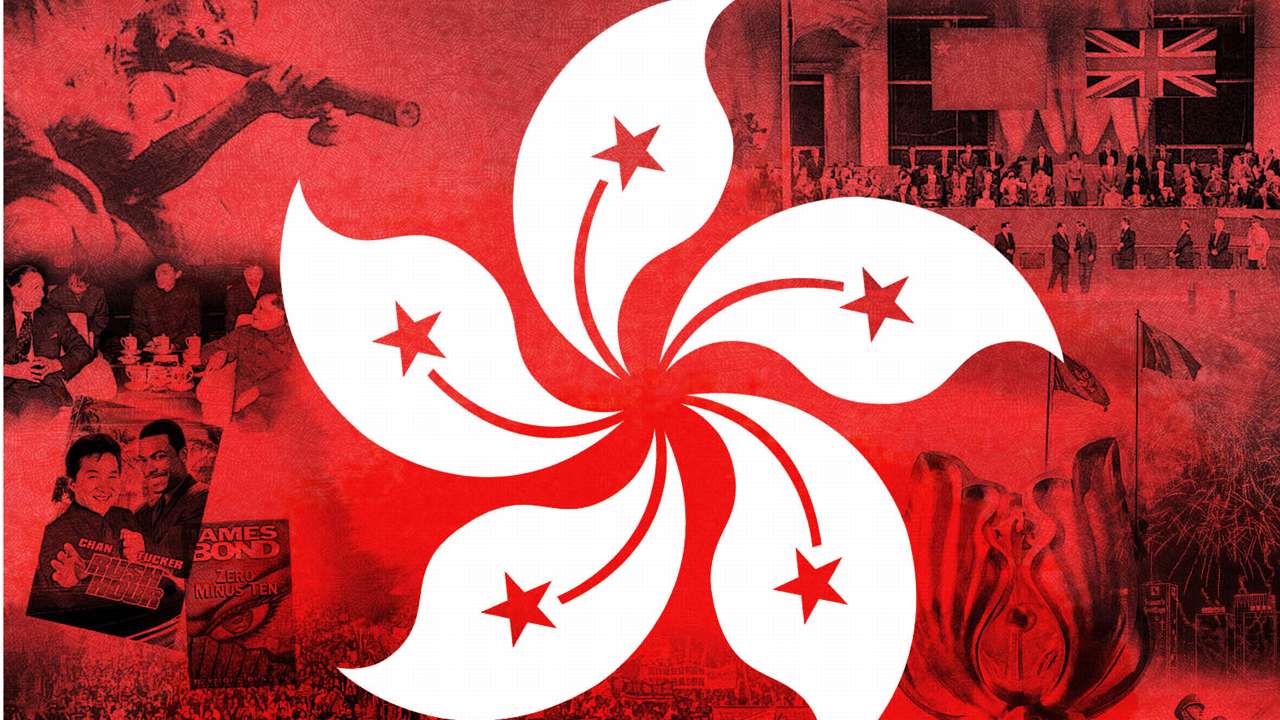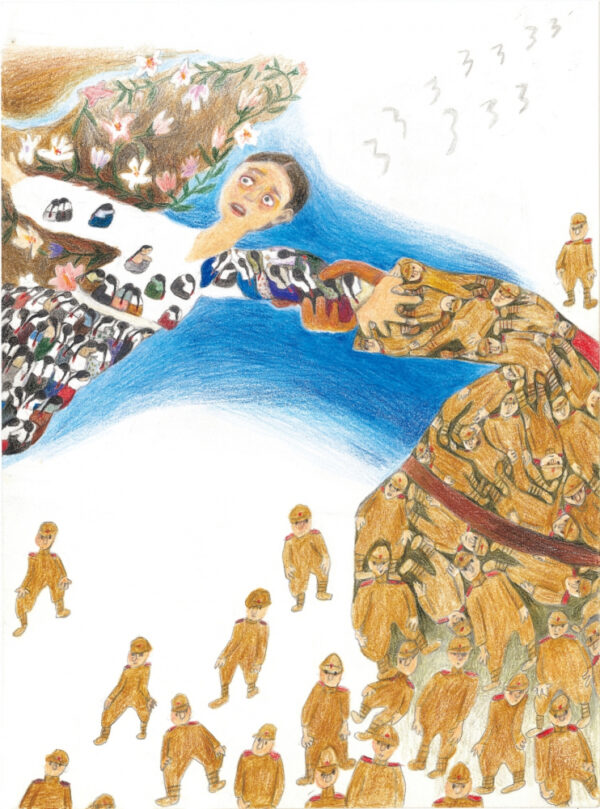On February 2, a panel discussion “The Future of Democracy in Asia: Taiwan’s 2024 Elections and Their Implications Across Asia” was held at the Munk School of Global Affairs and was co-sponsored by the Asian Institute and the Taipei Economic and Cultural Office in Toronto. Ambassador Harry Ho-jen Tseng, the representative of the Taipei Economic and Cultural Office in Canada, opened the event with a speech sharing his take on Taiwan’s 2024 elections. Professor Joseph Wong, who is a Professor in the Department of Political Science and serves as the Vice President, International, for the University of Toronto, delivered a keynote speech about his reflection on Taiwan’s democracy and democratization process. The panel featured several distinguished experts from diverse academic backgrounds: Professor Yoonkyung Lee is the Interim-Director for the Centre for the Study of Korea at the Asian Institute. Dr. Bharat Punjabi is a Course Instructor for the Contemporary Asian Studies and South Asian Studies programs at the Asian Institute. Dr. Irene Poetranto is a Senior Researcher for the Citizen Lab at the Munk School. Professor Diana Fu served as the moderator of the panel.
In his speech, Ambassador Harry Ho-jen Tseng shared his observation of the maturity and resilience of Taiwan’s democracy from a Taiwanese perspective. He especially mentioned that after the competitive election, “the losers conceded willingly without any protests, and they even congratulated the winners and promised they would watch over the incoming administration.” In addition, the vitality of public debate among the presidential candidates about national identity and the Cross-Strait relations issues, formerly considered sensitive topics for politicians, was another worth-noting aspect of Taiwan’s elections. These are all signs of a healthy democracy. Ambassador Tseng concluded that Taiwan’s democracy serves as a good example owing to its resilience in this era of democratic backsliding.
Professor Joseph Wong has recently returned from observing the elections in Taiwan. He shared his observations and reflections on Taiwan’s democracy in his keynote speech. In general, 2024 is a year of incredible importance for the future of democracy when many democracies have become fragile. In many regards, Taiwan’s 2024 elections were “boring” and “banal”. The process was smooth, and the results were not extraordinary. However, in Prof. Wong’s words, “Boring elections are good elections and boring democracy are terrific democracy.” The reason why the “banal” is “remarkable” and “ordinary” so “extraordinary” is because they are no longer normal in other democracies around the world. Secondly, Prof. Wong shared his observation on the current opposition party – the KMT (Kuomintang). “Democracy is about losing gracefully and graciously.” The KMT conceded their failure in the election and congratulated the winner, which is significant on the global stage while some losers in democracy never conceded. Political opponents matter for a healthy democracy. Nowadays, the KMT can be described as KMT 3.0, strikingly different from the KMT in the past. The KMT’s transformation from a brutal authoritarian party to a political opponent in democracy was remarkable. Traditional theorists believe that democracy can only emerge from the collapse of a prior autocratic regime. However, Taiwan’s case told a different story. The former autocratic regime conceded democracy because democracy served the interests of the dictator and the regime.
Thirdly, Prof. Wong touched upon the DPP (Democratic Progressive Party) and the TPP (Taiwan People’s Party). As the current ruling party, the DPP used to attract young people. However, many Taiwanese voters are experiencing “DPP fatigue”. The 20-29 voting age group was what the DPP lost. The DPP seems to be getting increasingly “old” and “out of touch” with young voters. In the meantime, the TPP led by Ko Wen-je is an “anti-establishment” force getting increasingly appealing to younger voters, who were thinking strategically and wanted to register their protest via voting for the TPP. Third party is not new to Taiwan, but the TPP distinguishes itself from its predecessors by positioning itself in the middle, rather than being a fringe party. Taiwan’s party system is showing a trend of convergence, as opposed to polarization shown in other places. For example, all the parties talk about status-quo on the Cross-Strait relations issue. Domestic issues were the key focus of the election campaign. Narratives that frame the election as independence versus unification or war versus peace are not resilient. “Taiwan is writing its own story.”
Prof. Wong concluded his speech by talking about China since the future of Cross-Strait relations depends on either the CCP (Chinese Communist Party) giving up its unification call (impossible) or the democratization of China (slightly possible at best). He believes that the CCP regime is in the best position right now to concede democracy. The collapse of the Soviet Union was a wrong lesson for the CCP. Criticism against authoritarian regimes seems to make the prospect of democracy less likely since it gives the dictator fewer options. Instead, what should be promoted is the idea that democracy is “incentive compatible” with the regime.
Following the keynote speech, the panelists began to share their insights and extended the discussion to the context of other parts of Asia. Professor Yoonkyung Lee’s commentary focused on democratic erosion and the influence of geopolitics on the decay of democracy in Asia, with a particular focus on South Korea. Democratic erosion is defined as the incremental degradation of the structures and substance of liberal constitutional democracy. Scholars on democratic erosions have paid insufficient attention to exogenous conditions, such as shifting global power politics and geopolitical alliances, that influence democracy. The original three functioning democracies in East Asia (Japan, South Korea, and Taiwan) were all heavily influenced by global power rivalry. In addition, the traditional dichotomy that considers the US the promoter of democracy and China the rule breaker flattened the complex dynamics between geopolitical and domestic conditions in East Asia. Prof. Lee suggests that a more productive approach is to focus on the formation of specific international political coalitions and how these coalitions empower or discourage domestic forces as they adjust to changing geopolitical dynamics.
Dr. Bharat Punjabi shared his insight on the challenges faced by India’s democracy. Dr. Punjabi emphasized the legacies of colonial rules on the institutions of India at the beginning and argued that there were many foregone opportunities for South Asian political elites to build or shape institutions. India’s democracy is fragile now and the democratic backsliding is corroborated by four indicators of “authoritarian behaviors” identified in the Modi government: 1) denial of the legitimacy of political opponents; 2) toleration of violence against minorities; 3) readiness to curtail civil liberty of opponents on the media; 4) rejection of recommitment to the democratic rules of the game. There are two institutional failures in India that the Indian liberal political elites have failed to confront. Firstly, they failed to tackle violence against minorities and to secure justice. Secondly, they failed to tackle the protection of social hierarchy and majoritarianism and help Indian lower caste communities.
Dr. Irene Poetranto offered some insights from the Southeast Asian perspective with a special focus on Indonesia. The ASEAN countries all adhere to the one-China policy but have maintained trade relations with Taiwan since the 1990s. An interesting episode of this year was the difference in Southeast Asian leaders’ reactions to Taiwan’s elections. Indonesia’s democratic election is among the most complex one in the world. In Indonesia, the 17-39 age group (114 million people) constitutes 60% of the electorate. While the internet and social media play a crucial role in election campaigns, government control and manipulation of them cause a further erosion of democracy. In addition, there are similarities between the digital age challenge of democracy in different places. While the concern in Taiwan is covert operations from foreign powers to influence social media users, Indonesia is facing misinformation from locals. The weaponization of fake news is a trend we are witnessing in Asia.
There were more than 20 questions collected from the audience before the Q&A session. Responding to the question asked about how Taiwan handle foreign interference and misinformation campaigns, Prof. Wong suggested the building of fact-checking infrastructure, improving security readiness, and raising people’s awareness and resilience. Responding to an audience’s question about Prof. Wong’s advice to China, Prof. Wong clarified that the premise of his argument is that a strong regime but never last forever. Hence, it would be better for the regime to pursue democracy. Democratic promotion is not about persuasion, but about showing that democracy can be compatible with the CCP’s interests. “This also requires the international community to concede that the CCP can democratize.” Responding to a question about the fragility and resilience of democracy Dr. Bharat commented that some of the resilience comes from civil society, such as the farmer’s movement in India. Prof. Wong pointed out the influence of socioeconomic condition on democratic erosion, because “democracy is a universal value… but is not the ultimate value.” Hence, democracy needs to be monitored more frequently, regularly, and with higher standards.
Yipin Wang is a first-year Munk School student pursuing a Master of Global Affairs with a collaborative specialization in Contemporary East and Southeast Asian Studies. He has an extensive background in history, international relations, and comparative politics. His research interests lie in the interdisciplinary studies of modern and contemporary China, as well as China’s political relations with its surrounding countries.








